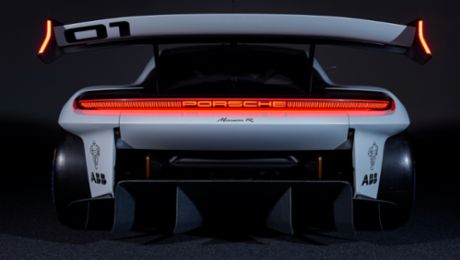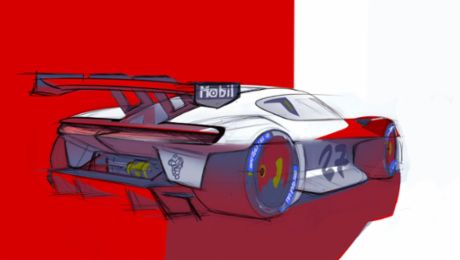Porsche is the most successful brand in customer motorsports. The current figures speak for themselves: 30 one-make cups worldwide with around 500 participants and more than 4,400 911-based Cup cars produced. As a result, the 911 Cup is the world’s top-selling racing car today. The Carrera Cup Germany has been running for 31 years, and there are currently 13 local support programmes in place for talented young drivers.
At Porsche, however, motorsports not only mean excitement, but also innovative strength and the courage to go one's own way: competing in the Porsche Mobil 1 Supercup with emotive sports cars powered by internal combustion engines, the sports car manufacturer is currently testing synthetically produced fuels for use in series production (for details, see separate section on sustainability). Beginning in 2023, Porsche will be competing for overall victories in the new LMDh category (hypercars) with hybrids at endurance classics such as Le Mans and Daytona, also using synthetic fuels. And since 2019, Porsche has participated with a works team in the ABB FIA Formula E World Championship.
Technology transfer from motorsports to series production
Competing in motorsports benefits every Porsche driver. This is quite simply because race tracks are important development laboratories for the brand's technology, such as electric mobility. There is no other car manufacturer actively participating in an exchange of technology between motorsports and series production vehicles as intensively as Porsche. The company has traditionally used motor racing as a testing ground, where innovative solutions and new technology have to prove themselves under the toughest conditions. Every current Porsche therefore contains more race-proven technology than ever before. Lightweight bodies and driver environments, chassis and powertrains are the direct result of this guiding principle at Porsche.
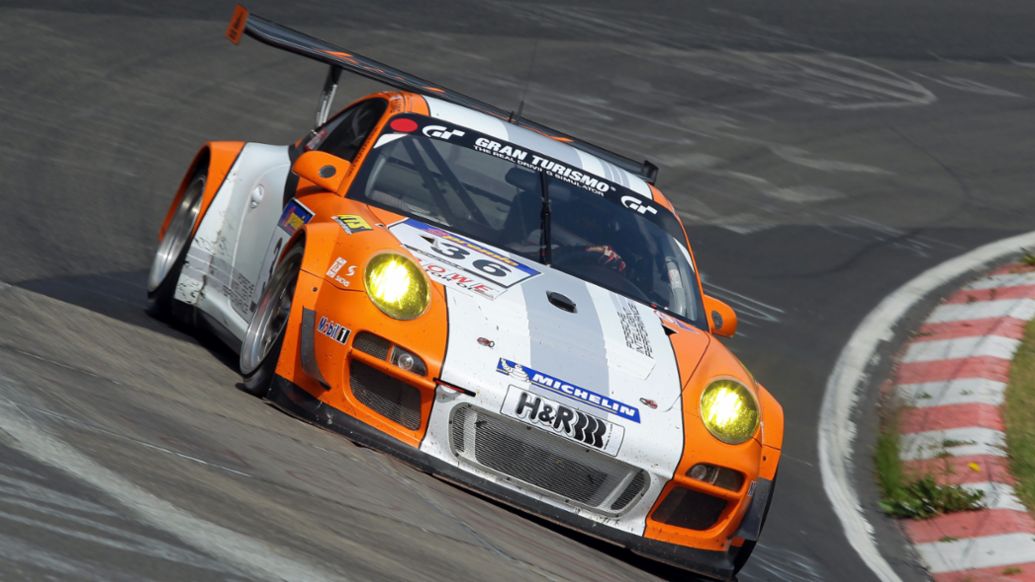
The long-term and future-oriented focus of this strategy is clearly demonstrated in the development of electric mobility at Porsche. Core components and control algorithms of the electric drive system have been the focus of technology trials on the race track for some time now. In 2010, for example, Porsche competed in the 24-hour race at the Nürburgring with its highly promising 911 GT3 R Hybrid and almost caused a sensation: this GT3, with a six-cylinder engine in the rear and two electric motors driving the front axle, was leading the entire field until two hours before the finish. Instead of the battery common in hybrid road cars, an electric flywheel generator supplies the power to the electric motors. Depending on the racing situation, the hybrid drive can be used in a performance or consumption-based mode.
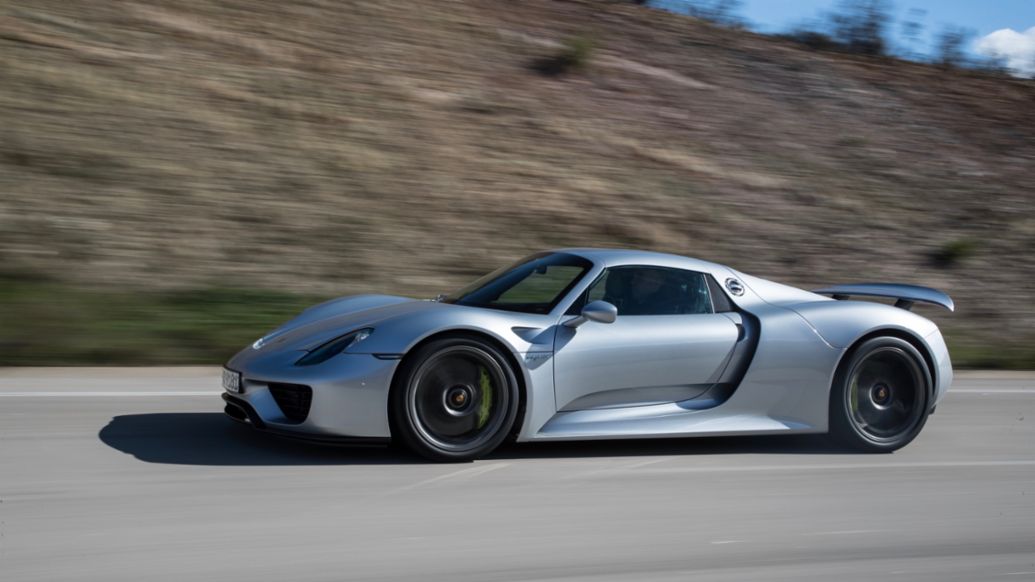
The findings from the 911 GT3 R Hybrid went directly into the development of the 918 Spyder, which went on to cause sensations of its own from 2013 onwards. The technological key of the super sports car is the drive concept based on a high-performance combustion engine combined with two electric motors. The operating strategy is one of the core competencies of the 918 Spyder – and indeed of Porsche. In an optimum manner, it takes into account the different requirements of an efficiency-based driving profile on the one hand and maximum performance on the other.
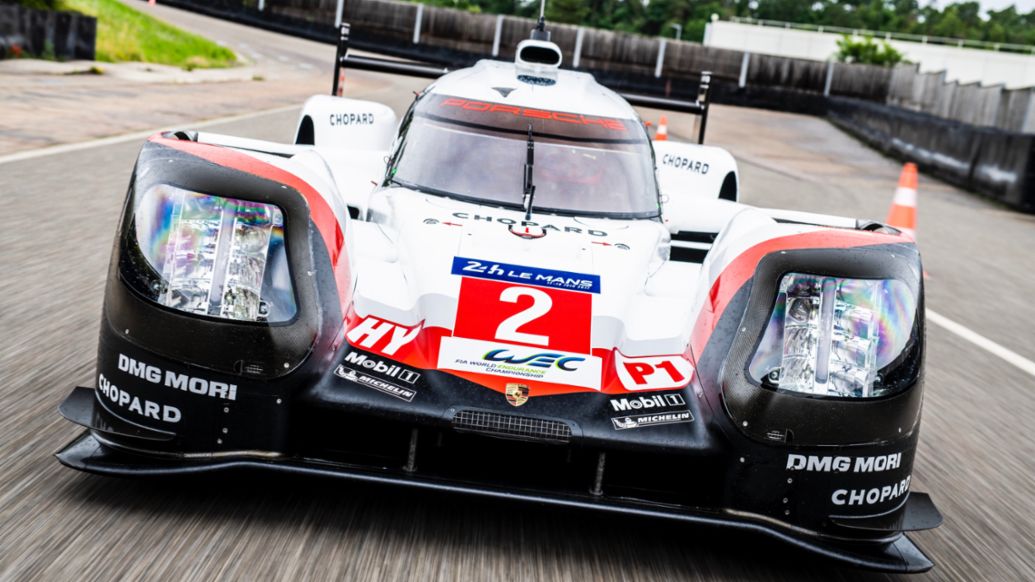
The 919 Hybrid was created with what was learned from the 918 Spyder. The LMP1 racing car, which won the 24 Hours of Le Mans three times in a row from 2015 onwards, demonstrated the robustness of the components and the intelligence of the control strategy. The plug-in hybrid drive system of today's production models has subsequently benefited from all this. The racing engineers are now involved in pioneering work to improve batteries and for the Taycan’s 800-volt network: what works in racing can also hold its own in everyday life.
.jpeg/jcr:content/MicrosoftTeams-image%20(5).jpeg)
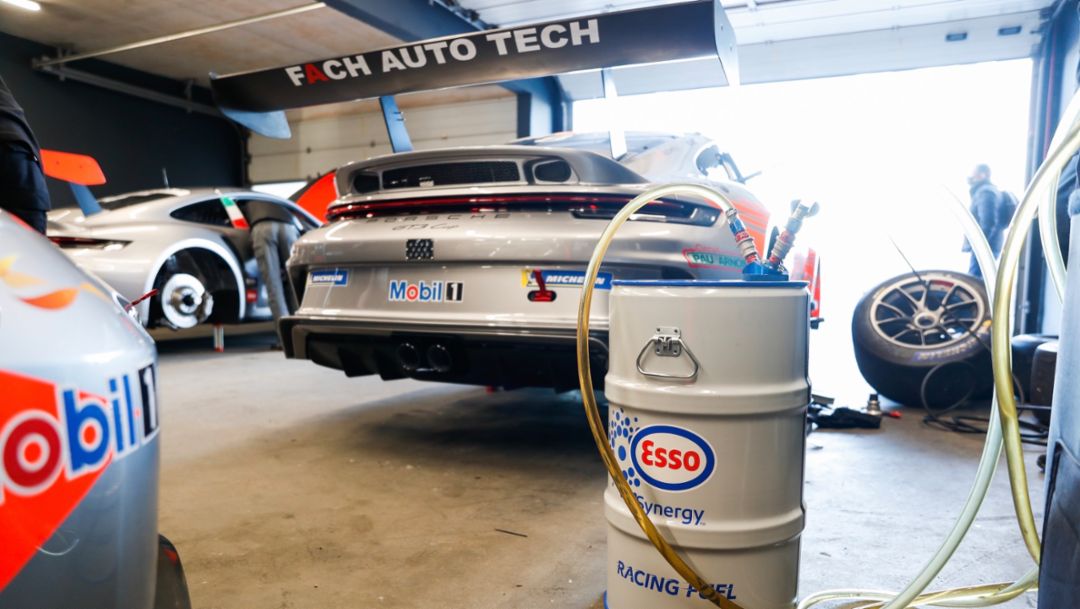

.jpeg/jcr:content/MicrosoftTeams-image%20(4).jpeg)
